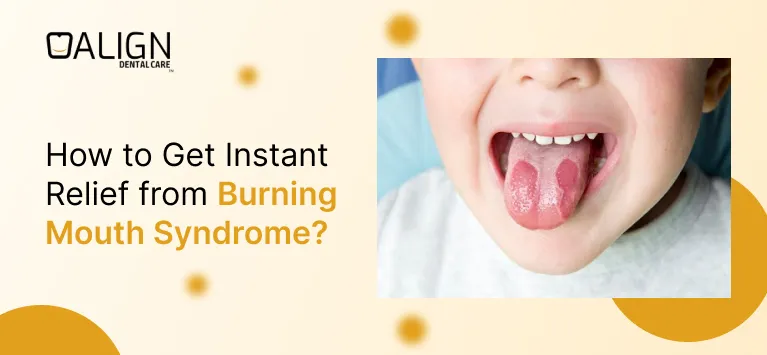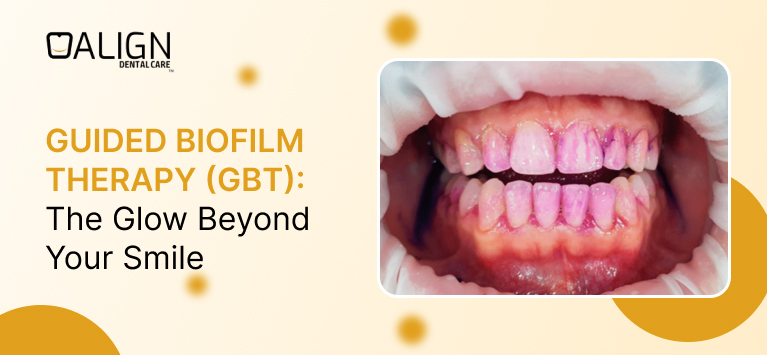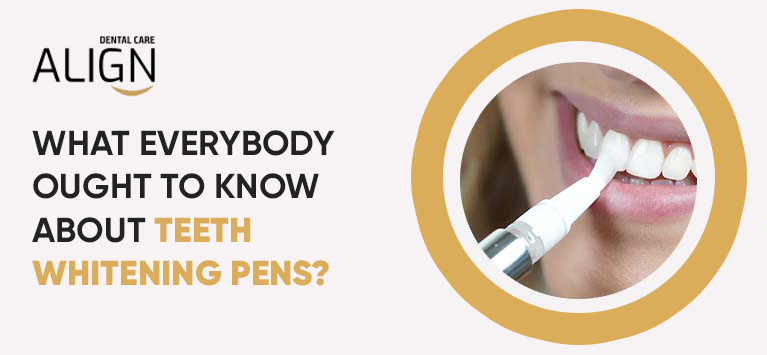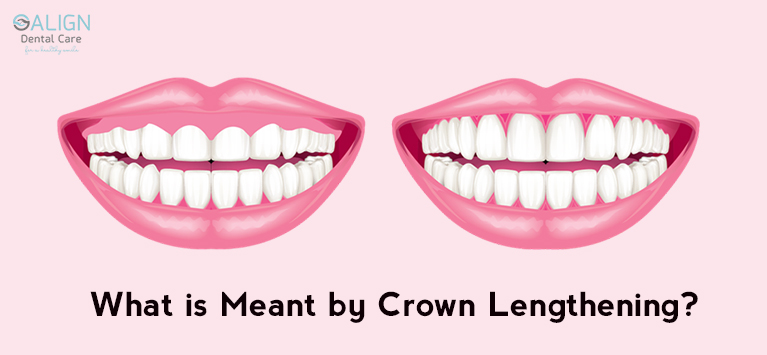
What makes your teeth appear small?
Microdontia is a medical term that refers to disproportionately small teeth. You might see some people have teeth bigger than the normal teeth size. Besides aesthetic issues, those abnormal-sized teeth stimulate problems in chewing, eating, and even talking. Likewise, few people have atypically small teeth that look smaller than normal. They are also known as “Small teeth” or “Short teeth” that mostly happen in one or two teeth. In rare cases, it happens in all teeth due to various factors.
In this post, our cosmetic dentists have discussed the possible causes of small teeth (microdontia) and solutions to address those short teeth.
What causes Small Teeth?
Identifying the root cause of small teeth is mandatory so that the dentists can customize a treatment plan as per the concern. In general, microdontia happens with genetically inherited disorders that affect teeth development. Meanwhile, it happens with the aftereffects of some medications and various environmental factors.
- Radiotherapy – Exposure to a heavy dose of radiation during the development of teeth (before age 6) will affect the development of teeth.
- Down Syndrome – Down Syndrome is a genetic disorder that happens with abnormal cell division that primarily affects the orofacial appearance. Flattened face, unusually shaped ears, short neck, protruded tongue, small teeth are the common side effects.
- Cleft lip – The obstruction in the development of facial muscles in an unborn baby leads to a cleft lip that looks like a split in the upper lip. Dental abnormalities like microdontia are common in those people with cleft lip.
- Ectodermal Dysplasias – Ectodermal dysplasias comprises a heterogeneous group of conditions that infect the ectodermal derived structures like hair, skin, nails, teeth, salivary glands, and mucous membranes. People suffering from this genetic disorder develop teeth larger or smaller than the usual size.
- Williams Syndrome – Williams Syndrome is a rare genetically inherited neurodevelopmental disorder that stimulates mild developmental challenges. The sufferers have strange facial features like wide mouth, widely spaced teeth, small upturned nose, etc.
- Rieger Syndrome – The genetic disorder affects the bones of the skull and face. It is generally identified with underdeveloped teeth.
- Hallermann-Sheriff Syndrome – Similar to Riger Syndrome, this genetically inherited condition intervenes in the development of the skull and facial bones. People suffering from this disorder have short head with an underdeveloped lower jaw. As this condition hinders dental development, the sufferers have neonatal teeth.
Besides these, various genetically inherited conditions like Pituitary Dwarfism, Oral-Facial-Digital Syndrome, Turner Syndrome, and much more tend to small teeth or teeth with a wide width.
On the other hand, short teeth happen with poor oral habits like teeth grinding, aggressive brushing also. Likewise, the chemical or acidic substances in foods you take lead to tooth erosion, followed by microdontia.
Small (or) Short Teeth Treatments
Dentists deliver you an array of aesthetic solutions to streamline the teeth structure. Generally, the microdontia treatments should begin from identifying the root cause (i.e) whether it happens with genetics or external factors.
Then consult your physician to address the hereditary disease. For instance, if the short teeth occur due to teeth grinding, we recommend wearing mouthguards to reduce the constant wear and tear of teeth before initiating the cosmetic solutions.
Here are the widely used smile makeover treatments to address small teeth:
- Porcelain Veneers – Thin coverings made up of porcelain or composite materials. The abnormal appearance of teeth is concealed when the appliance is fixed over the teeth surface.
- Dental Crowns – If you have one or two teeth with microdontia, then dental crowns are the best choice. The ceramic cap covers the abnormal tooth structure when it is mounted over the tooth surface.
- Composite fillings – It involves enlarging the teeth length by roughening the tooth surface and then adding composite resin materials.
- Gum Reshaping – In certain cases, our teeth are covered with excessive gums that reveal only a small proportion of teeth. Removing a tiny portion of gums will disclose more of the hidden teeth structure.
To know more about those small teeth and treatment options to address the cosmetic issue, contact our dental doctors.


















